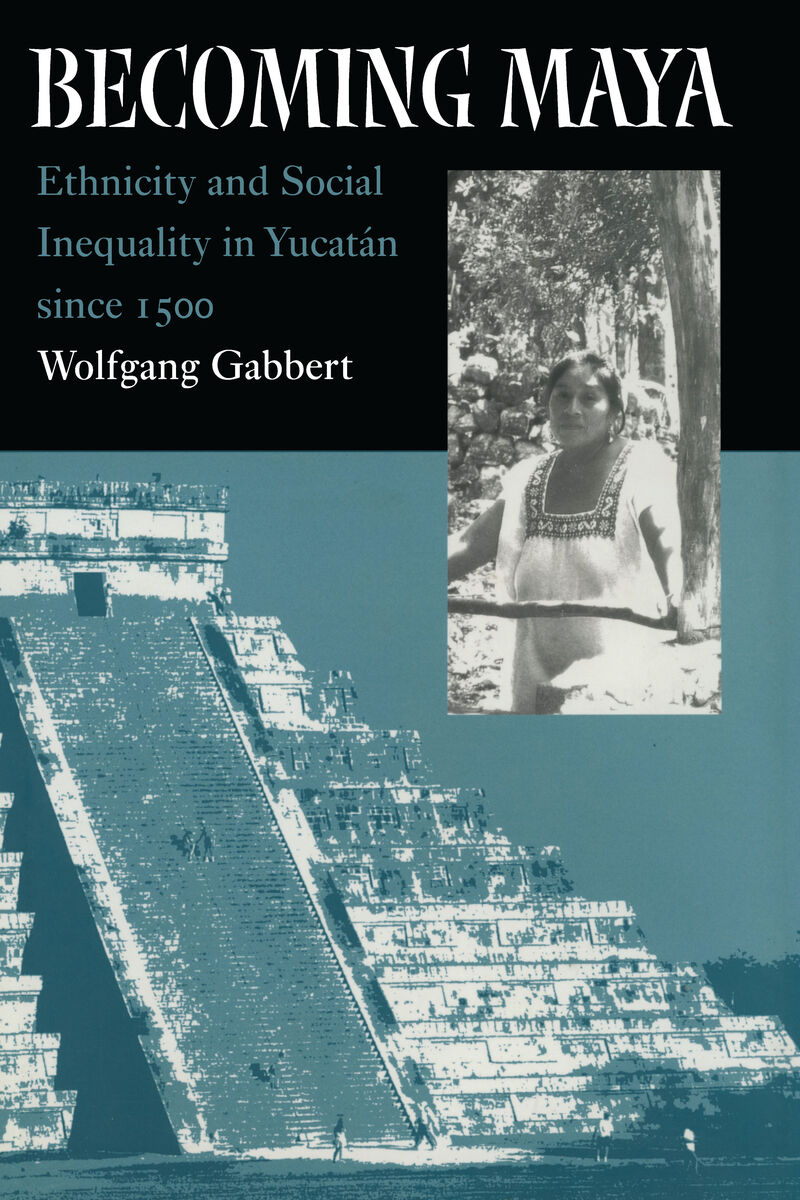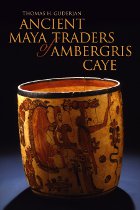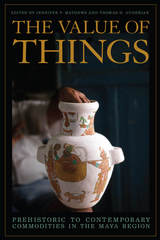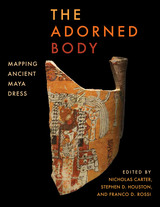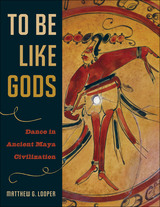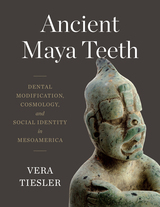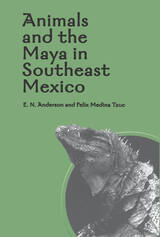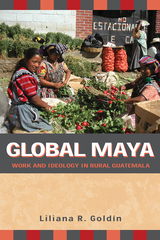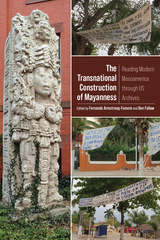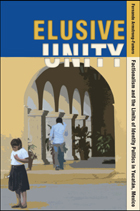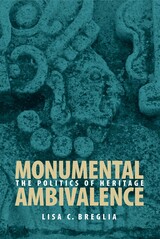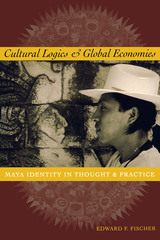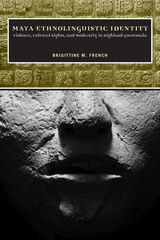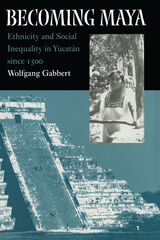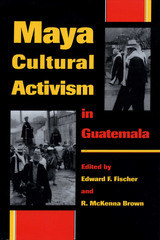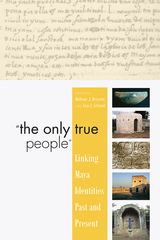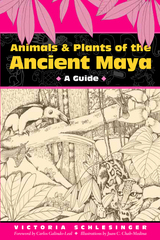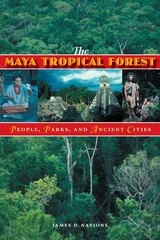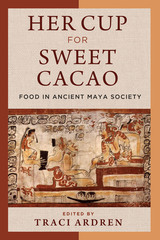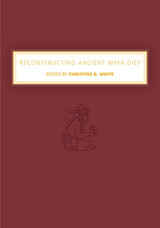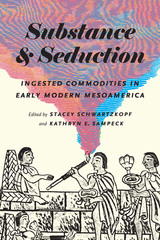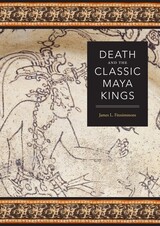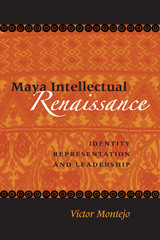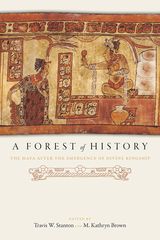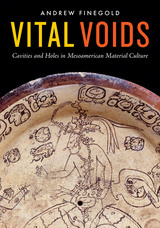Becoming Maya: Ethnicity and Social Inequality in Yucatán since 1500
University of Arizona Press, 2004
eISBN: 978-0-8165-5081-4 | Cloth: 978-0-8165-2316-0
Library of Congress Classification F1435.3.E72G32 2004
Dewey Decimal Classification 972.65
eISBN: 978-0-8165-5081-4 | Cloth: 978-0-8165-2316-0
Library of Congress Classification F1435.3.E72G32 2004
Dewey Decimal Classification 972.65
ABOUT THIS BOOK | AUTHOR BIOGRAPHY | REVIEWS | TOC
ABOUT THIS BOOK
In Mexico's Yucatán peninsula, it is commonly held that the population consists of two ethnic communities: Maya Indians and descendants of Spanish conquerors. As a result, the history of the region is usually seen in terms of conflict between conquerors and conquered that too often ignores the complexity of interaction between these groups and the complex nature of identity within them. Yet despite this prevailing view, most speakers of the Yucatec Maya language reject being considered Indian and refuse to identify themselves as Maya. Wolfgang Gabbert maintains that this situation can be understood only by examining the sweeping procession of history in the region. In Becoming Maya, he has skillfully interwoven history and ethnography to trace 500 years of Yucatec history, covering colonial politics, the rise of plantations, nineteenth-century caste wars, and modern reforms—always with an eye toward the complexities of ethnic categorization. According to Gabbert, class has served as a self-defining category as much as ethnicity in the Yucatán, and although we think of caste wars as struggles between Mayas and Mexicans, he shows that each side possessed a sufficiently complex ethnic makeup to rule out such pat observations. Through this overview, Gabbert reveals that Maya ethnicity is upheld primarily by outsiders who simply assume that an ethnic Maya consciousness has always existed among the Maya-speaking people. Yet even language has been a misleading criterion, since many people not considered Indian are native speakers of Yucatec. By not taking ethnicity for granted, he demonstrates that the Maya-speaking population has never been a self-conscious community and that the criteria employed by others in categorizing Mayas has changed over time. Grounded in field studies and archival research and boasting an exhaustive bibliography, Becoming Maya is the first English-language study that examines the roles played by ethnicity and social inequality in Yucatán history. By revealing the highly nuanced complexities that underlie common stereotypes, it offers new insights not only into Mesoamerican peoples but also into the nature of interethnic relations in general.
See other books on: Colonization | Ethnicity | Mayas | Social classes | Spanish colony, 1540-1810
See other titles from University of Arizona Press
